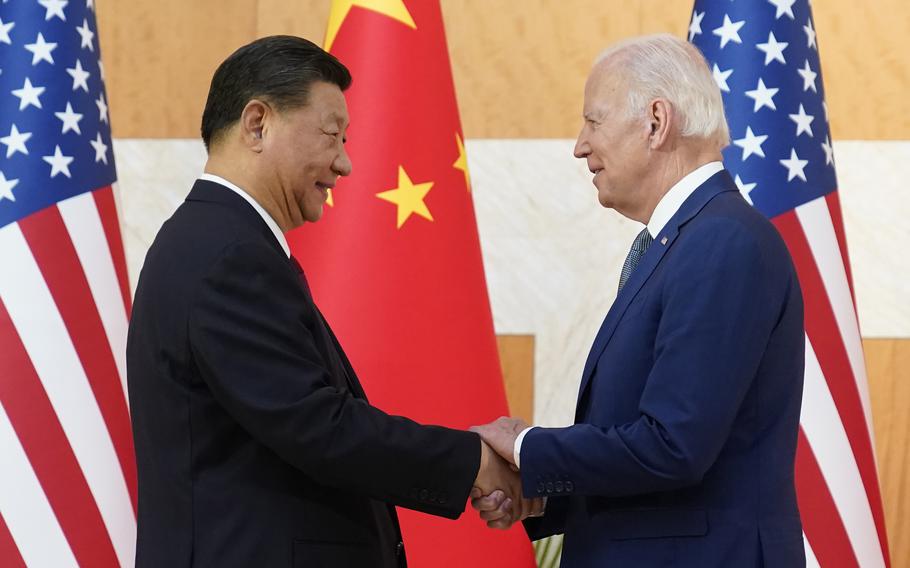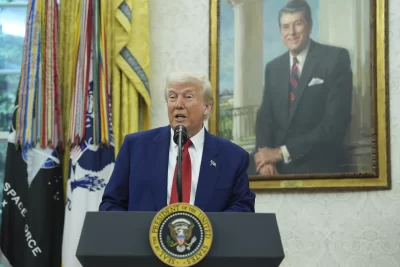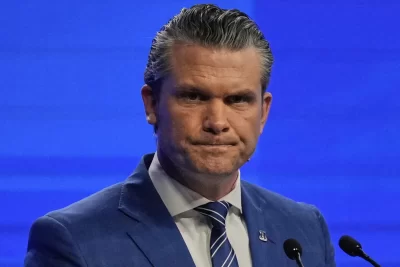
President Joe Biden and China’s Xi Jinping have no shortage of difficult issues to discuss when they sit down for their first talks in a year, even if expectations are low that their meeting will lead to major breakthroughs.
Each leader has clear objectives for the highly anticipated talks Wednesday on the sidelines of the Asia-Pacific Economic Cooperation summit, a meeting that comes after what’s been a fractious year for the world’s two biggest economies.
Both Biden and Xi are looking to bring a greater measure of stability to a relationship that is being defined by differences over export controls, tensions over Taiwan, the wars in the Middle East and Europe, and more.
A look at what each president is hoping to achieve during their talks:
WHAT BIDEN WANTS
Instead, Biden comes to San Francisco focused on managing the countries’ increasingly fierce economic competition and keeping open lines of communication to prevent misunderstandings that could lead to direct conflict between the two powers.
Expect Biden to defend U.S. expansion of export controls on semiconductor chips. At the same time, he will assure Xi that he is not trying to wage economic war with Beijing amid continuing signs that China’s economy is struggling to recover from the economic disruptions of the pandemic.
“The United States has no desire to decouple from China. A full separation of our economies would be economically disastrous for both our countries, and for the world,” Treasury Secretary Janet Yellen told Chinese Vice Premier He Lifeng when they met this past week. “We seek a healthy economic relationship with China that benefits both countries over time.”
The Biden administration has signaled it wants to reopen military-to-military communications that have largely ceased after then-House Speaker Nancy Pelosi visited Taiwan in August 2022, the first visit by a U.S. House speaker to the self-ruled island since Rep. Newt Gingrich in 1997. Beijing considers Taiwan, a self-governed island of 23 million people, to be part of Chinese territory and vows to unify with it, by force if necessary.
The U.S. administration has also signaled that it will hammer home that it seeks no change to the status quo in Taiwan. Washington recognizes Beijing as the government of China and does not have diplomatic relations with Taiwan. But China has perceived American contact with Taiwan as encouragement to make the island’s decades-old de facto independence permanent. Concern about the issue is heightened as Taiwan prepares to hold presidential elections in January.
Biden is also expected to let Xi know that he wants China to use its burgeoning sway over Iran to make clear that Tehran or its proxies should not take action that could lead to expansion of the Israel-Hamas war. Biden’s administration believes the Chinese, a big buyer of Iranian oil, have considerable leverage with Iran, which is a major backer of Hamas.
With the U.S. presidential election less than a year away, administration officials said Biden will make clear that Chinese interference in the vote will not be tolerated.



